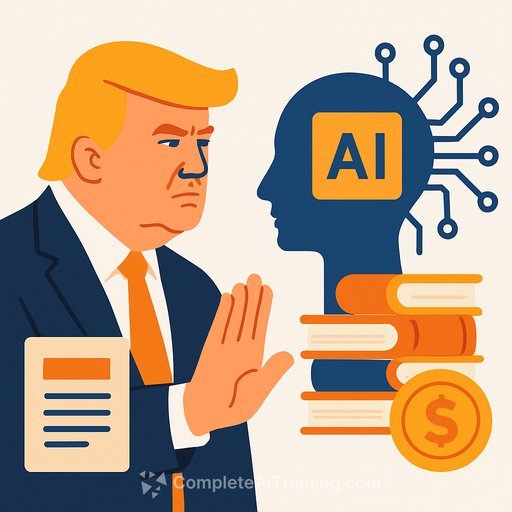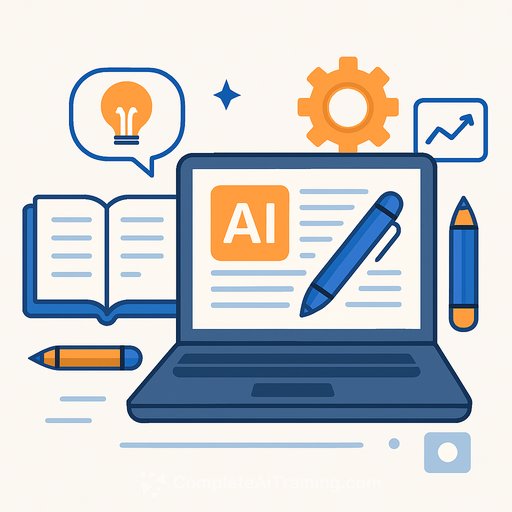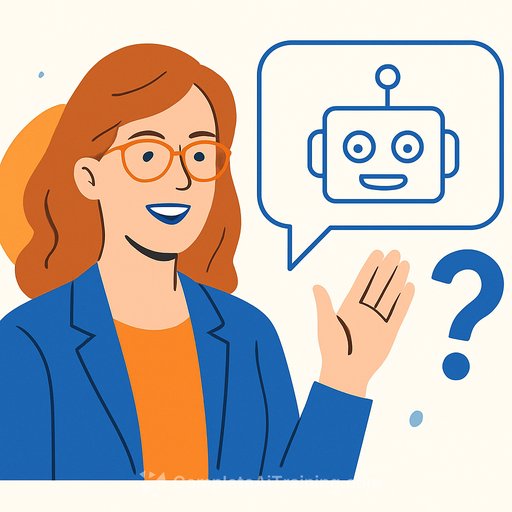Trump Calls AI Compensation for Copyrighted Work ‘Not Doable’
At a recent AI summit in Washington, D.C., former US President Donald Trump dismissed the idea of AI companies paying writers for using their copyrighted work in training models. He called such compensation “impractical” and argued that it would hinder AI development in the United States.
AI models learn from massive amounts of text and images, often sourced from public forums or copyrighted content. Many writers and artists have raised concerns, pointing out that AI-generated outputs do not credit or financially benefit the original creators. While some media companies have negotiated deals with AI firms, Trump emphasized that expecting payment for every piece of content used in AI training isn’t feasible.
“You can’t be expected to have a successful AI program when every single article, book or whatever you’ve studied you’re expected to pay for,” Trump said. “We appreciate that, but you just can’t do that because it’s not doable. And if you’re going to try and do that, you’re not going to have a successful program.”
Framing AI Development as a Competition with China
Trump framed the AI race as a competition with China, pointing out that China doesn’t require such payments. He stated, “When a person reads a book or an article, you’ve gained great knowledge. That does not mean that you’re violating copyright laws or have to make deals with every content provider. You just can’t do it. China’s not doing it.”
He highlighted contract negotiations as the main challenge, explaining that compensating every content provider individually would be too complex and slow progress. “You cannot expect every time, every single time, say, ‘Let’s pay this one that much,’” he added. “It just doesn’t work that way. Of course, you can’t copy or plagiarize an article, but if you read an article and learn from it, we have to allow AI to use that pool of knowledge without going through the complexity of contract negotiations.”
AI Policy Moves and Executive Orders
While copyright issues are not explicitly mentioned in the White House AI Action Plan, Trump’s comments reflect two key goals: speeding up AI development and preventing states from crafting their own restrictive laws.
On the same day as the summit, Trump signed three executive orders related to AI, which:
- Mandate the federal government to use only approved (non-“woke”) AI models.
- Launch an initiative to export full-stack AI technology from the United States.
- Invest in building more AI data centers and energy infrastructure.
For writers concerned about how AI uses their content, these moves suggest that the federal government prioritizes rapid AI progress over enforcing copyright payments for training data. This could affect negotiations and protections for creative professionals as AI-generated content becomes more widespread.
If you want to stay informed on AI developments and learn how to adapt your writing skills in this changing landscape, consider exploring AI training courses that focus on the intersection of AI and creative industries.
Your membership also unlocks:






